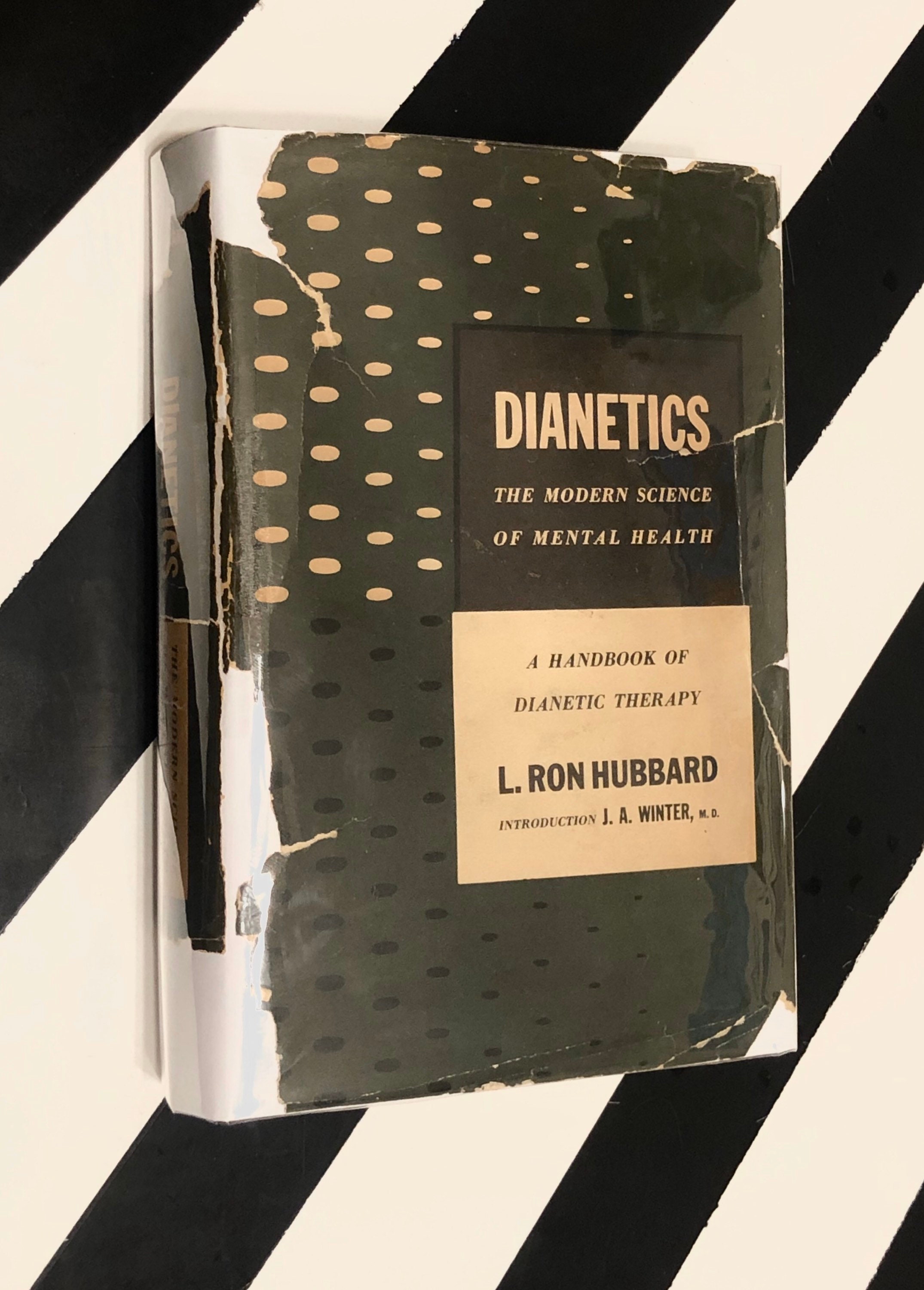What Does Dianetics Do?
Wiki Article
The Single Strategy To Use For Dianetics
Table of ContentsAn Unbiased View of DianeticsDianetics Can Be Fun For AnyoneDianetics Things To Know Before You BuyThe smart Trick of Dianetics That Nobody is Discussing
I could not ever before not intend to receive anything that comes to mind for you- if it was otherwise, I would not be resting here with you, doing this. I not just could never have an issue, or not intend to listen to something that enters your mind for you, but I'm completely anxious to recognize every idea, every thought, every photo or sensation that emerges or shows up for you- don't ever think otherwise, and if for some reason you do, please simply let me know! Often, you may have an idea, and picture, idea or event turn up that does not seem to answer the question, or associate with it, however nonetheless, constantly do inform me regarding it, and as we proceed, the importance will emerge for you.This is inherent in the basis of processing, and the topic of this conversation: the basic duties of the counselor and the client: The fundamental duty of the therapist is, in contrast to "conventional training", not to regulate, which implies to apply and/or hinder, however to instead work from the basis of EMPOWERING THE CLIENT.

The Ultimate Guide To Dianetics
John Mcmasters expressed this basic fact wonderfully well in among his lectures on Power processing, in which he discusses just how he was asked what this "special propensity" was that he had for providing such terrific sessions; he needed to think of that for a moment, and identified that it was what he had not been doing, as well as what he was doing: he wasn't reviewing, judging, computing, or actually, producing any type of ideas, let alone verbal expressions, after giving the command and while waiting for the computer to complete their response to their satisfaction; he was, merely and just, being existing with the PC, and entirely interested.The role of the therapist, showed; that was his "special knack". I have had my own experience which educated me this well, very at an early stage in the video game. In 1982, having recently completed my training and internship on New Age Dianetics, I was running this on a PC, and there was a point in the session where (being a bit wet look at these guys behind the ears not yet having lots of hours under my belt as a specialist auditor) the computer seemed to be "taking as well long" to share anything verbally after I offered him a command.
This secret became the most beneficial contribution that John ever before made to the topic of treatment or bookkeeping (Dianetics). In my humble viewpoint, it is the greatest contribution that any person has actually ever made to these subjectsthe application is completely non-judgemental, non-evaluative, and devoid of any idea, recommendations or opinion.no preconditioned agenda for individuals, or 'degrees' that they must do
In Idenics, the only source of details concerning a customer is the individual client. In Scientology we prided ourselves on not reviewing for individuals. All that actually meant was that the auditor did not VERBALLY evaluate for the PC in session. The registrars and principles officers assessed for the PC.
Dianetics Fundamentals Explained

Any person that had ever before seen John audit could not aid but notice an unique high quality in his bookkeeping."The client's standard role is to be there with the objective of relocating the instructions of their spiritual goals, and to freely and completely reveal and experience whatever materializes for them in responding to the inquiries and executing the guidelines in the handling.
This is something to procedure as required. But additionally, individuals often have prior experience and/or indoctrination in auditing/processing which, somehow, and to some extent, actually misleads them right into mindsets, concepts and actions patterns that avoid the complete realization of these duties, and so they will certainly tend to inhibit the expressing of what comes to mind, as in the examples provided over. * The initial, and possibly primary examples of mis-indoctrination causing less than why not look here totally smooth and effective sessions, can be found in particular facets of the training regimens, or "TR's":"TR's" are typically an individual's very first, or a minimum of early, experience in Scientology, and while I will go on to discuss what I view as the imperfections in principle and practice, read the article nonetheless, have a tendency to be considerably therapeutic, done as they are provided (Hubbard firmly insists that "TR's are not processing, they are training", however factually, they are both processing AND training)
There is no "flunking", and no denial of the fact of this being processing. The focus, as it ought to be, is on experiencing the other individual's presence.
Excitement About Dianetics

Report this wiki page